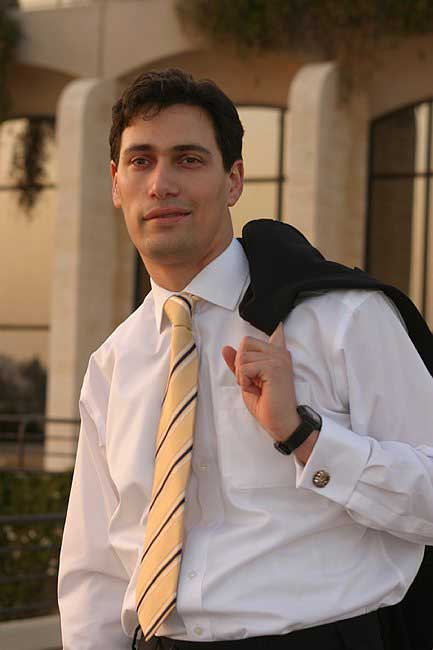Gesture politics and the pardoning of first world war soldiers
The Government recently announced that it is to forgive 300 deserters who were shot during the First World War. This will no doubt be of great comfort to the families left behind. The shooting of deserters during this period was a grave injustice and should be recognised as such, but giving a group pardon like this is the thin end of the wedge.
If you want to go back far enough into history, pretty much all justice that was dispensed in both military and civilian life would be considered abusive by today's standards. During the 19th century for example, the Royal Navy employed boys as young as eight on its crews, and homosexual activity in the Navy could result in you being hanged from the yardarm. Even 25 years ago, civilian life would be regarded as harsh by today's children. When I was at school, infringement of the school rules could result in a caning. Maybe my school year seek an apology from our school. Where do you stop?
Giving pardons and saying sorry makes people feel better, but it also ends up distorting history. Our understanding of human nature has thankfully advanced over the last century. 90 years ago, people didn't understand shell shock or mental illness, so were the military commanders of the early 20th century criminals or just plain ignorant? It's a big mistake to judge history by 21st century standards. If you're going to do that, you'll end up writing off pretty much all of British history, something that some of Britain's educational establishment would like to do.


<< Home